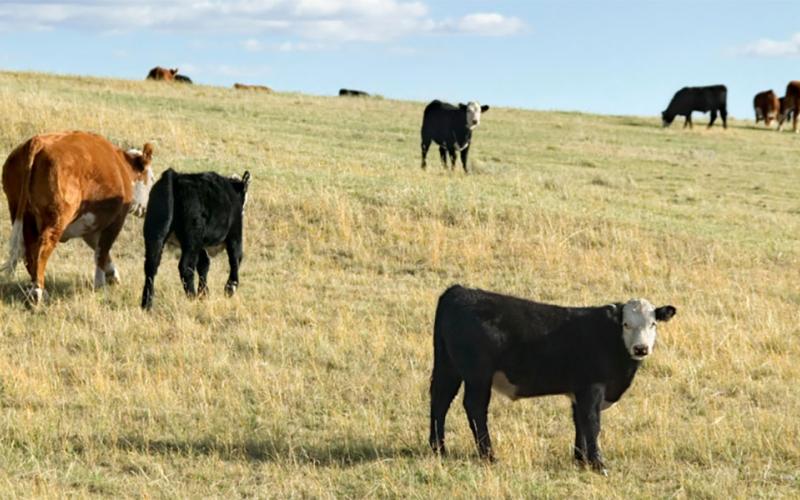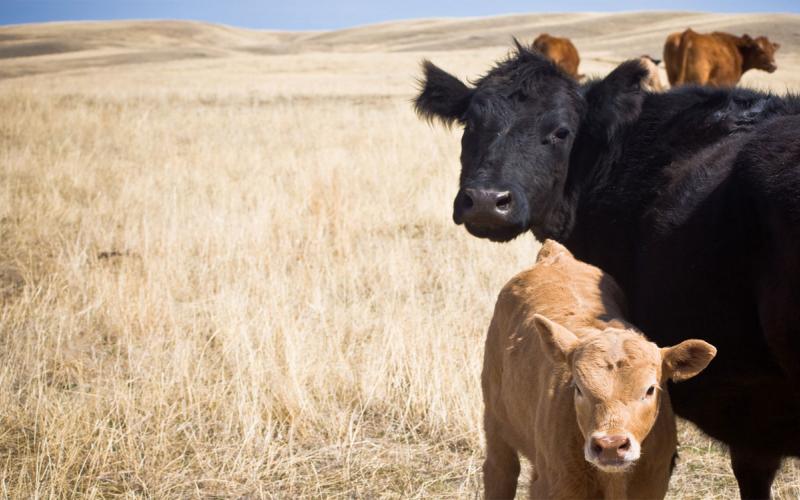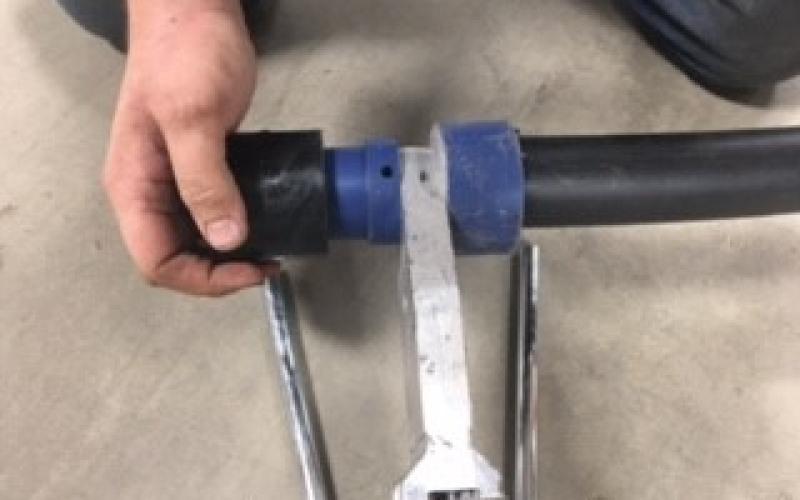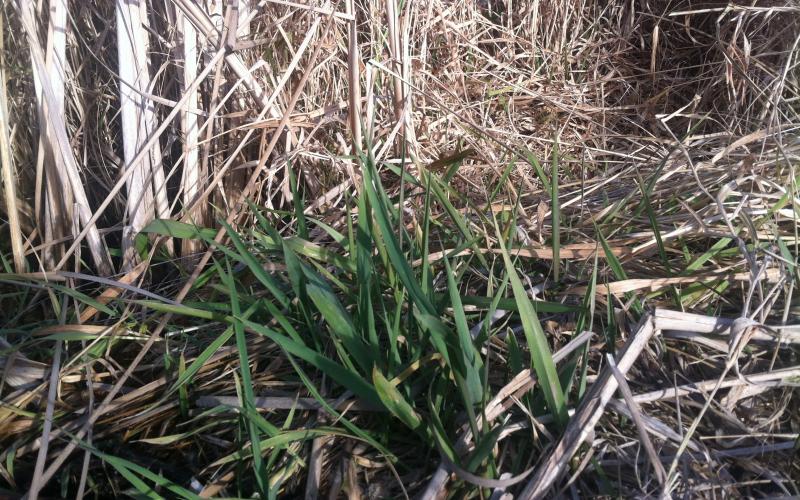Range
All Range Content

Range Beef Cow Symposium Set for Nov. 16 and 17
August 18, 2021
The XXVII Range Beef Cow Symposium will return to South Dakota Nov. 16 and 17 at the Monument Civic Center in Rapid City.

Sustainable Agriculture Curriculum Workshop Postponed
August 16, 2021
The Sustainable Agriculture Curriculum Workshop scheduled for Aug. 19 at the South Dakota State University Extension Pierre Regional Center has been postponed.
Eastern South Dakota Grazing School Postponed to 2022
July 30, 2021
The Eastern South Dakota Grazing School scheduled for Aug. 11- 13 at the Abbey of the Hills near Marvin, South Dakota has been postponed until 2022.

Sustainable Agriculture Curriculum Now Available for Middle School Educators
July 21, 2021
South Dakota State University Extension has launched a new educational program for middle school science teachers, homeschoolers and 4-H youth program advisors looking to add a sustainable agriculture curriculum to their lesson plans.
New Eastern South Dakota Grazing School Set For Aug. 11 – 13
July 19, 2021
The new school will be held at the Abbey of the Hills near Marvin, South Dakota and will feature both in-depth classroom education and in-field management of grazing livestock.

Drought Assistance Questions Answered
Dry conditions persist across the state, and many new questions are being asked regarding the federal assistance programs available from the U.S. Department of Agriculture Farm Service Agency.
South Dakota Grassland Management School Workshops Set For July 27, 28
July 15, 2021
The 2021 Grassland Management School workshops will be held at the Eck Restoration Project north of Henry, South Dakota on the shores of Warner Lake.

Smart to Lead SDSU Extension Agriculture and Natural Resources Program
July 06, 2021
South Dakota State University Extension has named Alexander “Sandy” Smart as the new Agriculture and Natural Resources Senior Program Leader.

Welded Connections and Shallow Bury Pasture Pipe Offers Alternative to Above Ground Systems
Above-ground systems offer a great amount of flexibility in delivering water and options for changing pasture designs over time or space. However, some producers do not desire to maintain as much flexibility in their systems, and for those individuals more-permanent options exist without going to a deep-bury system.

Reed Canary Grass: Possible Prussic Acid & Alkaloid Issues
Prussic acid issues with reed canary grass are poorly understood and may go unrecognized if they occur. This article addresses a little-known but interesting aspect of the biology of reed canary grass.